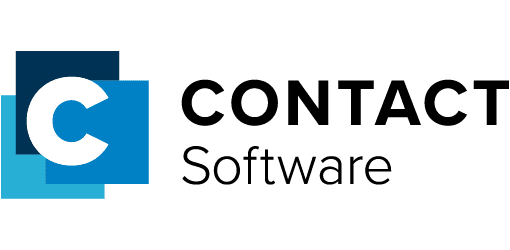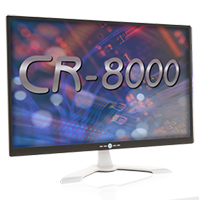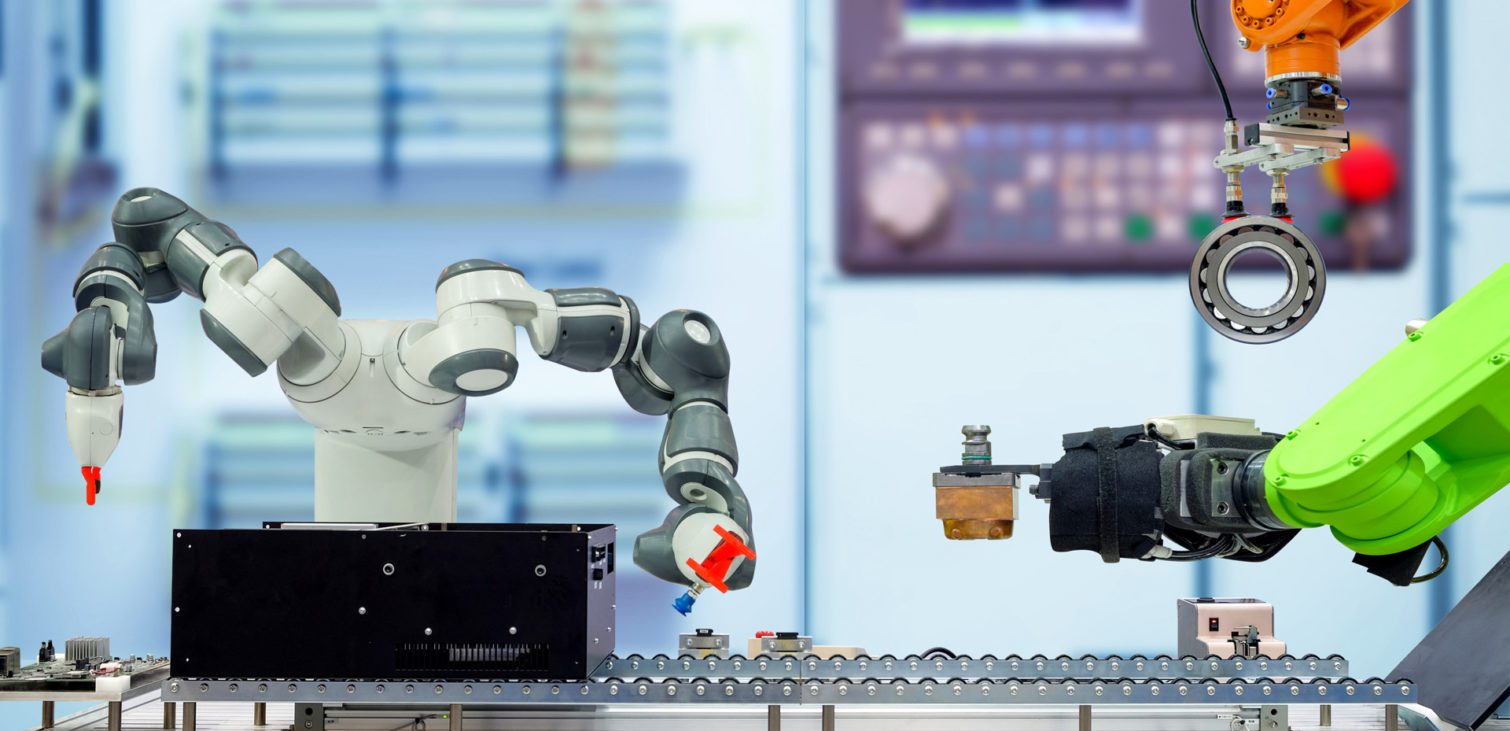Zuken believes that one of the secrets to success under Industry 4.0 is making better use of data. It is possible to having seamless exchanges of data between all essential engineering design tools and PLM, ERP and PDM using Zuken’s DS-2 engineering data management platform.
Helping to respond to the challenges of digitization
Networked production processes driven by cutting-edge information technology are becoming a reality in the era of Industry 4.0. With a continuous information exchange between materials, inventory, machinery and control equipment through the Internet of Things (IoT), Industry 4.0 promises increased productivity, better reaction to market opportunities and, consequently, competitive edge and profitability.
We are helping customers respond to the challenges around digital engineering for Industry 4.0 and the Internet of Things. The backbone of our offering is our engineering data management platform, DS-2, for electrical and electronic engineering, which offers fully native or “domain” data management. This is complemented by database-driven authoring tools that automatically transport comprehensive details of electrical and electronic equipment down to a component and connection level.

Our expertise
By linking ECAD, MCAD and ERP into an integrated digital engineering and sourcing process, customers have achieved sizable benefits for both sourcing and service. One of the most advanced examples is KRONE, a major agricultural machinery manufacturer, who made solid progress in achieving its Industry 4.0 goals by implementing an interdisciplinary product development process using Zuken’s E3.series. The success story can be found below under “related resources”.
Maintaining and upgrading plant and equipment can be made easier by better use of engineering design data. For this to succeed, all stakeholders need access to the most relevant view of live data for their activities.
Industry 4.0 accommodates automated configure-to-order (CTO) within manufacturing scenarios, which gives companies the ability to define customer-specific functionality in a controlled process. This, in turn, ramps up variety-induced complexity. Companies that do well will be those that set out not to reduce complexity, but rather to find the optimum tools and processes with which to embrace it – especially for engineering data management.
Our satisfied customers
Related resources
Check our latest webinars, white papers and more

- Webinar
In recent years, the design of Internet of Things products became a major topic of interest. But mostly when discussing IoT aspects, the focus is on the software/application and the business-model side, neglecting the fact that PCBs are the core of - almost - every IoT device, with dedicated requirements for the design and analysis process.

- Press Release
A new standard interface module links Zuken’s DS-2 platform to CONTACT Elements

- Webinar
Building on the webinar “Electrical and Fluid Engineering in the Internet of Things Era,” this webinar examines the specific requirements of the plant and machinery sector and shows examples of best practices.

- Webinar
With the growing number of digitally connected products and manufacturing processes in the wake of the Internet of Things, electro-mechanical engineering is becoming a key differentiator in the development of industrial machinery. This webinar examines the changing role of electrical and fluid engineering in product development

- Press Release
Recent Industry 4.0 Blog Posts

- Blog
A modular product approach is an established way of improving the calculating and realizing the value of investment goods. Yet modular product initiatives often fail to live up to expectations because of poor coordination between engineering disciplines. To deliver on the promise of a modular product architecture strategy, companies need to create a number of prerequisites in organization, process, and infrastructure.

- Blog
Industry 4.0, a.k.a. the Fourth Industrial Revolution (IR), is a hot topic because most of us are either taking our first steps in this world, or we’re preparing to. Clearly, earlier industrial revolutions were all about making better use of resources (e.g. burning coal to make steam), people (e.g. workers in factories) and, latterly, electricity and computer-controlled automation. For each revolution, the companies that did well were early adopters of the technology and practices of the day, and they recognised waste when they saw it.

- Blog
I recently talked on predictive failure analysis at the PTC LiveWorx 2017 conference. There was a lot of audience interest, so I thought I’d share some of the things I discussed. This is the second of two posts on this subject.

